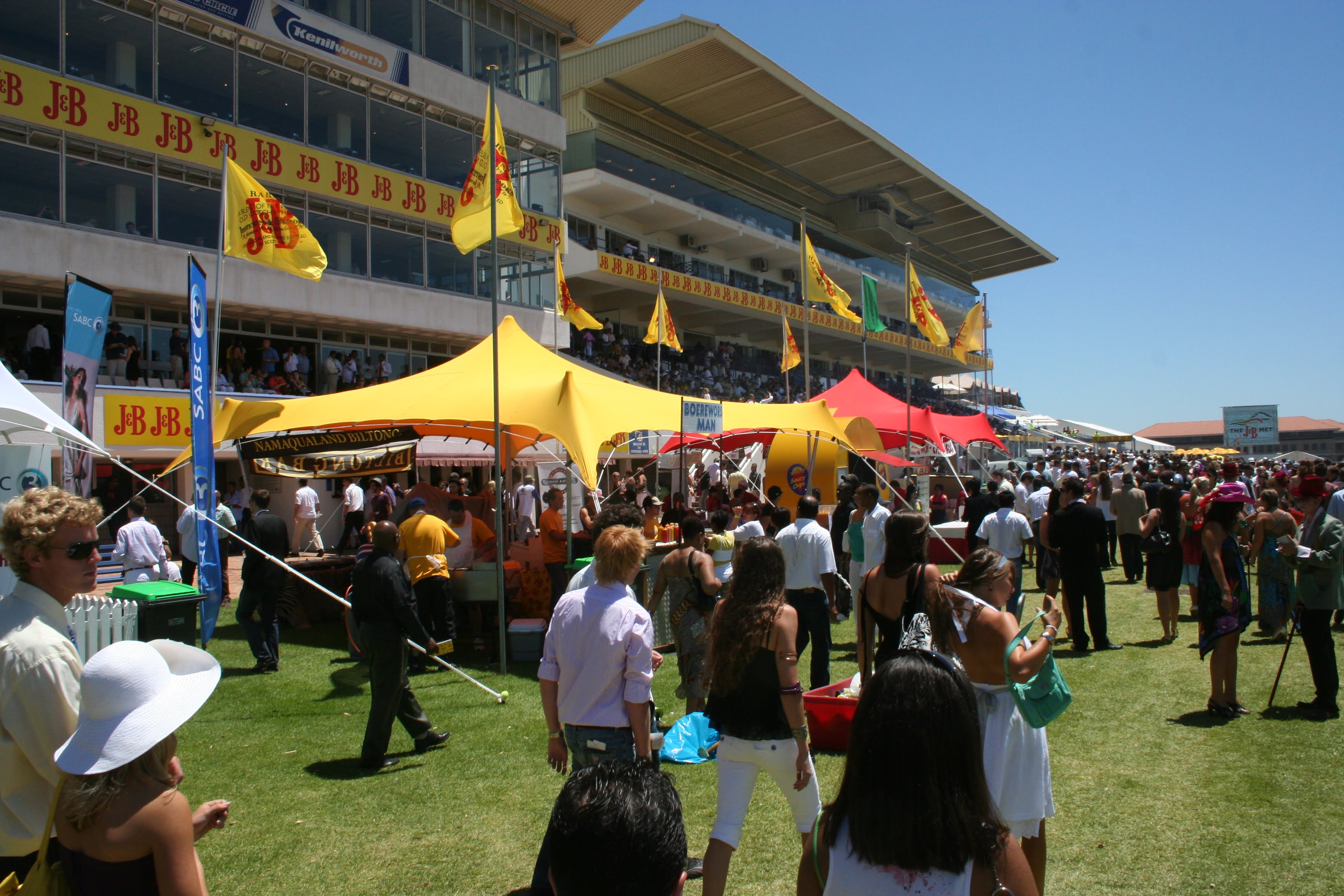
The scheduling of the Grade 1 Majorca Stakes as the second race on the Cape Met card has raised eyebrows. Traditionally considered one of the highlights of the day, the Majorca Stakes has typically been placed in a premium slot just before the Cape Met. This year, however, it has been relegated to Race 2—a rare, if not unprecedented, move for South African racing.
This decision may stem from practical considerations. The Majorca Stakes attracted a disappointingly small field of just seven runners—unusual for a historic Grade 1 mile race for fillies and mares. Such a limited lineup likely excluded the race from meeting the World Pool’s stringent requirements, forcing its early placement on the card.
The small field is particularly surprising given the constant promotion of Cape Town’s equine depth. The lack of participation from Johannesburg stables further underscores the issue. Despite this, the race still boasts an average merit rating of 113, a respectable figure for local standards. For comparison, the Cape Met and Cape Flying Championships both average 119. However, South Africa's ratings are generally 12 to 13 points lower than international equivalents, highlighting the gap in global competitiveness.
The trend of offering fewer races with larger fields, championed in Cape Town, has recently extended to Durban. With fewer race meetings each month, field sizes have naturally increased, but this has come at a cost: fewer horses earning prize money.
Regarding World Pool issues, South Africa's open bet system, where bookmakers offer their own pools, competes directly with tote betting and in this case the World Pool, a key revenue source for the sport globally. This dynamic runs counter to the World Pool’s mission of creating more liquid betting pools to challenge bookmaker odds. Until recently, tote bettors almost exclusively funded South African racing—a trend now shifting.
South African racing finds itself at a crossroads, adapting to new realities and challenges. While the changes might be contentious, they reflect the industry's need to evolve. Whether these strategies will sustain the sport’s growth remains to be seen.
Image SAHorseracing.COM of the Cape Met 2008 during its heyday.
|